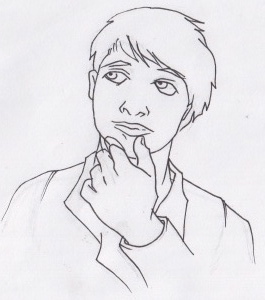



Evidence Based-Medicine and Critical Appraisal

Evidence based-medicine is a way of practicing, and more and more, you will hear the term ’evidence based practice’ as other health professionals (nurses, dentist, social workers) look to the evidence for guidance.
Evidence based medicine, defined as the “conscientious, explicit, and judicious use of current best evidence in making decisions about the care of individual patients."[1]
Learning evidence based medicine
Evidence based medicine may be taught in three different ways:
Role modeling - learners see role models use judgement in integrating evidence into decisions
Within the teaching of medical topics - evidence is woven into teaching of other knowledge
Teaching specific EBM skills - learners are taught how to understand and interpret evidence[2]
Critical Appraisal
Critical appraisal refers to the careful and systematic examination of research (evidence) regarding its reliability, validity and relevance. This requires a certain subset of skills, usually introduced in medical school, followed by increasing emphasis on critical appraisal in residency. In residency, critical appraisal skills are a requirement under the scholar role. Most residency programs will offer formal teaching in critical appraisal and a journal club. These skills can be difficult to solidify as journal clubs occur intermittently, and evidence based practice requires experience, not to mention all the other learning objectives. It is still possible to build up these skills which will become useful when entering clinical practice. There are numerous resources on the internet, as well as series in journals with focus on these skills. The best way to learn these skills is to practice them. An excellent resource for critical appraisal is: http://www.cebm.net/
_________________________________
1. Sackett DL, Rosenberg WMC, Gray JAM, Haynes RB, Richardson WS. Evidence based medicine: what it is and what it isn’t. BMJ.1996;312:71.
2. Straus SE, Richardson WS, Glasziou P, Haynes RB. Evidence-based medicine: how to practice and teach EBM, Elsevier/Churchill Livingstone, 2005
 Previous
Previous